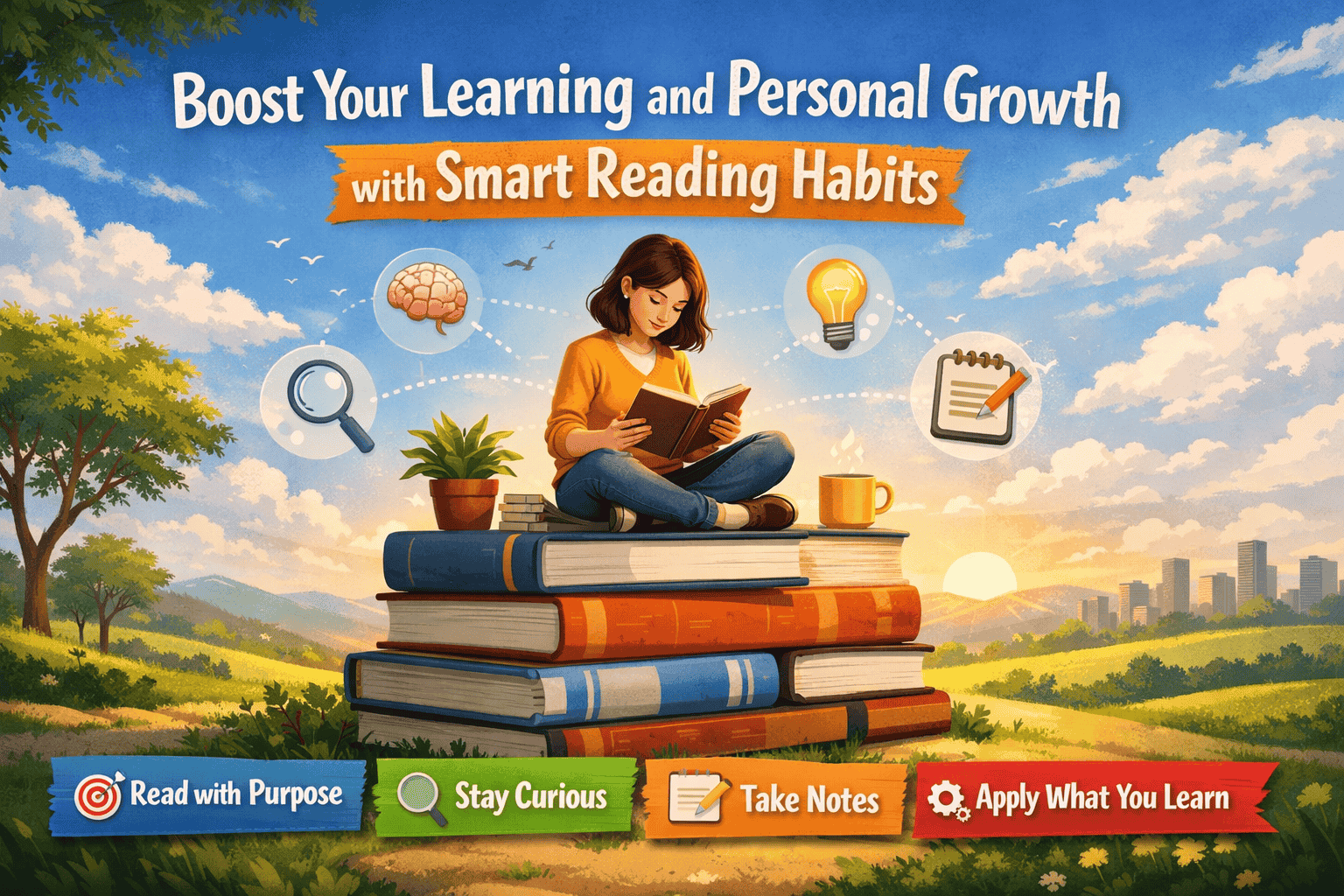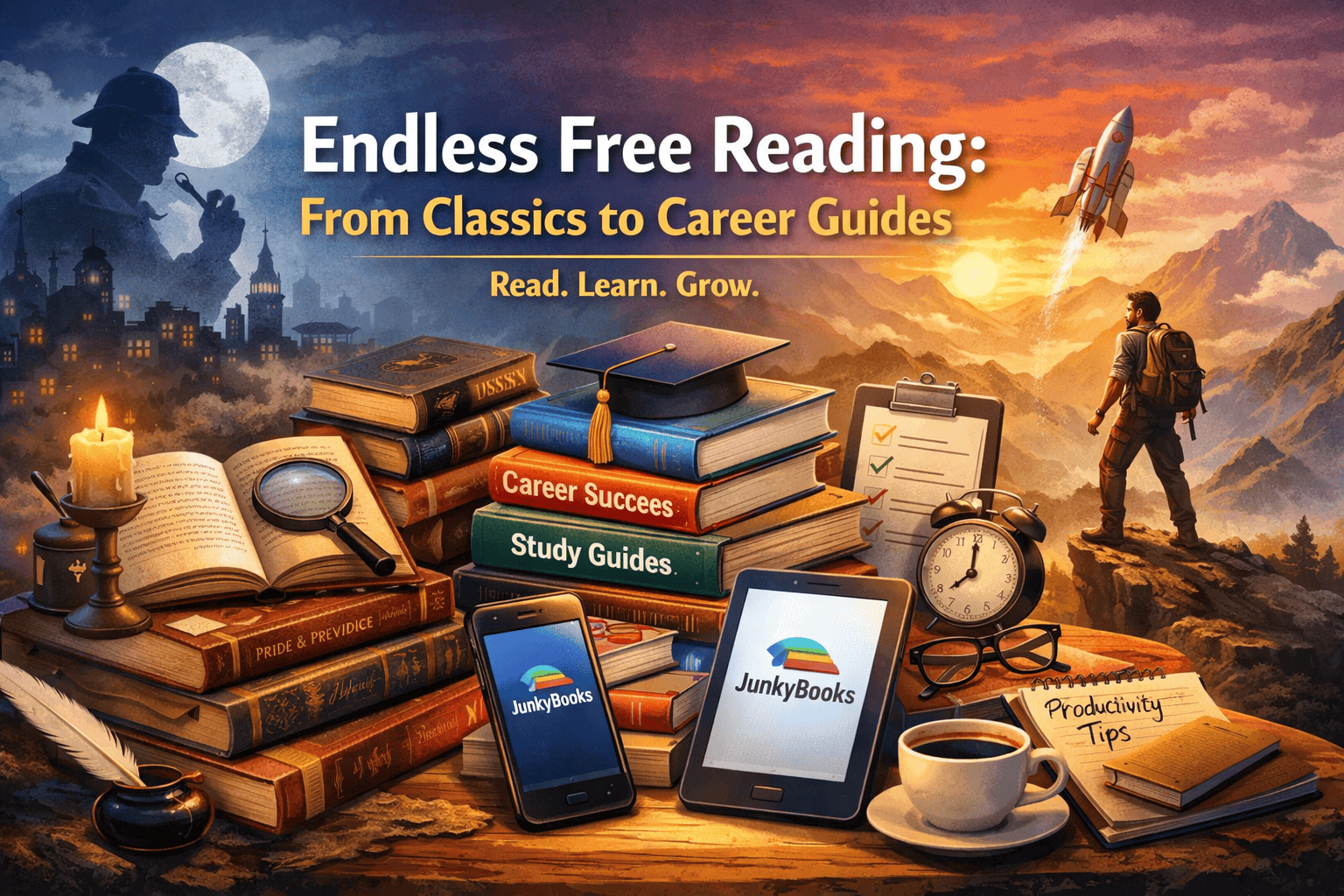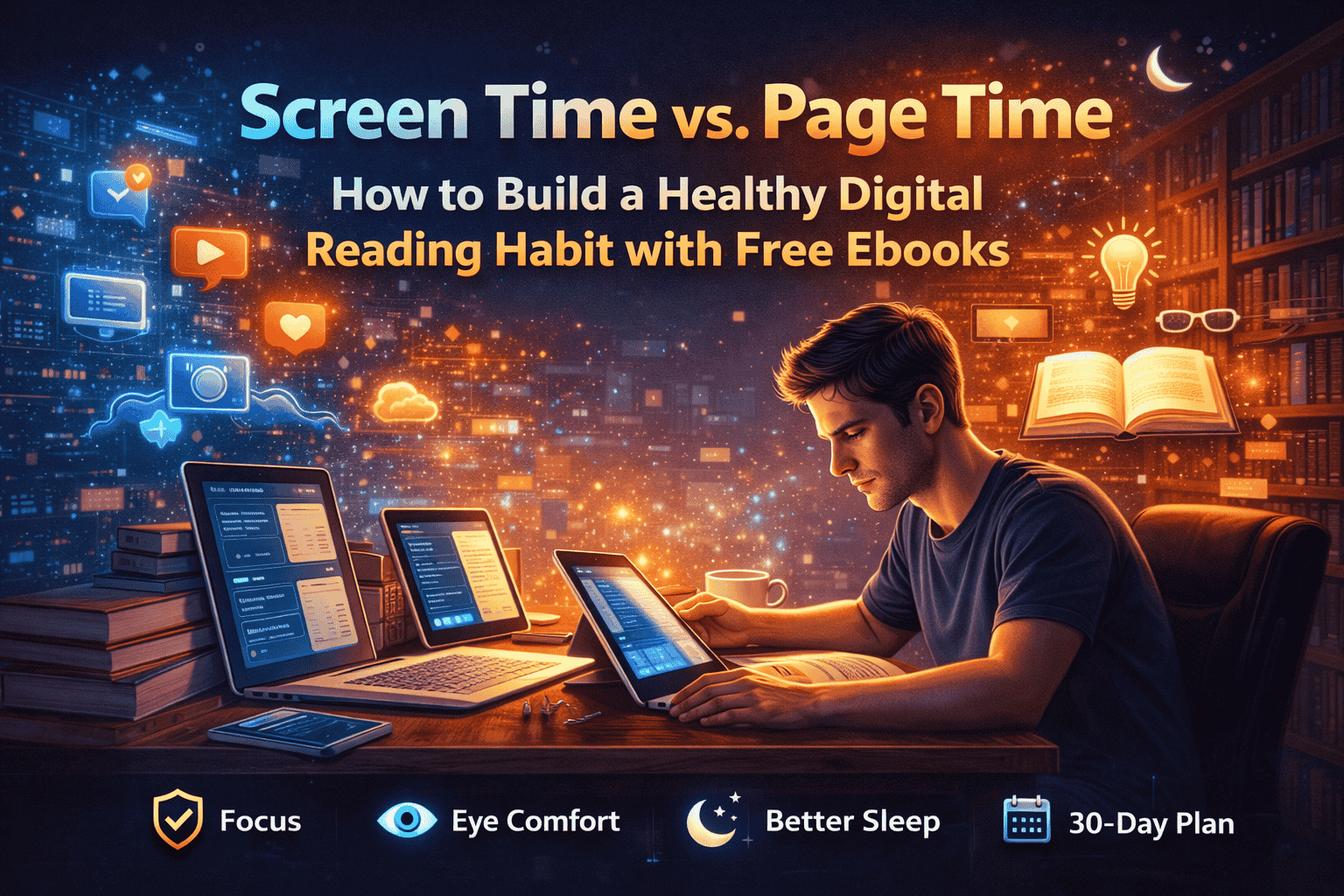Effective Communication: The Role of Reading Books
Communication is the cornerstone of human interaction. Whether you're expressing ideas, sharing stories, or connecting with others, effective communication is essential. Surprisingly, one of the most powerful tools for enhancing your communication skills is as simple as turning the pages of a book. Through the act of reading, you can refine your language, expand your vocabulary, and cultivate a deeper understanding of human expression. Let's explore how reading books can significantly elevate your communication skills and open new avenues for connection.
The Language Laboratory: How Reading Elevates Communication
Imagine reading as a laboratory where you experiment with language, explore diverse writing styles, and immerse yourself in the art of expression. Each book you read exposes you to a unique array of words, phrases, and sentence structures, broadening your linguistic horizons.
Enhancing Vocabulary: A Lexical Treasure Hunt
Books introduce you to a treasure trove of words waiting to be discovered. As you encounter unfamiliar terms in various contexts, your brain absorbs their meanings and nuances. Gradually, these words become part of your vocabulary, enriching your language arsenal and enabling you to articulate your thoughts more precisely.
Contextual Comprehension: A Deep Dive into Language
Reading provides an opportunity to observe how words are used in different situations. Whether it's a formal essay, a witty dialogue, or a descriptive paragraph, the context in which words appear offers insights into their intended meanings. This contextual comprehension hones your ability to adapt your language to various scenarios, a crucial aspect of effective communication.
Crafting Nuanced Expressions: The Power of Synonyms
Variety is the spice of communication. Reading exposes you to synonyms—words that convey similar meanings but with subtle differences. This exposure empowers you to select the most appropriate word based on the nuance you want to convey. Nuanced expressions lend depth and precision to your communication, fostering clarity and engagement.
Understanding Different Styles: Adapting to Your Audience
Books encompass an array of writing styles, from formal to informal, persuasive to descriptive. By immersing yourself in diverse styles, you're better equipped to tailor your communication to different audiences. This adaptability ensures that your message resonates effectively, regardless of who you're addressing.
Empathy and Emotional Intelligence: Keys to Connection
Reading fiction cultivates empathy—an ability to understand and share the feelings of others. As you dive into the characters' experiences, you're invited into their emotional landscapes. This immersion nurtures emotional intelligence, allowing you to connect on a deeper level with those you interact with.
Active vs. Passive Reading: A Dual Approach
While reading alone is a potent tool for communication enhancement, actively engaging with the content amplifies its impact. Consider jotting down new words, noting well-structured sentences, or even paraphrasing passages. These practices reinforce your understanding and help you internalize effective communication techniques.
Cultivating Critical Thinking: A Communication Asset
Books encourage critical thinking—a skill that bolsters communication effectiveness. Engaging with complex narratives, analyzing characters' motivations, and discerning underlying themes sharpens your ability to process information and engage in meaningful discussions.
Translating Thoughts into Words: The Art of Expression
Effective communication is not just about having ideas—it's about conveying them with clarity and impact. Reading refines your ability to translate abstract thoughts into coherent sentences. This transformation of ideas into words empowers you to articulate your perspective persuasively.
A Lifelong Investment: Communication Skills for All Ages
The benefits of reading for communication enhancement extend throughout life's stages. Starting early cultivates language skills that can be honed over time, benefiting personal and professional interactions. However, even if you embark on this journey later in life, reading remains an invaluable tool for improving your communication skills and fostering meaningful connections.
In Conclusion: Writing the Story of Effective Communication
As you embark on the journey of reading, you're not just consuming content; you're engaging in a practice that transforms you into a more effective communicator. The pages of a book hold not only stories and ideas but also the keys to unlocking your expressive potential. By absorbing diverse language patterns, building vocabulary, and exploring various styles, you're enhancing your ability to connect, engage, and convey your thoughts with clarity and impact.
Through reading, you're embarking on a path that fosters effective communication—an art that transcends boundaries, connects people and shapes relationships. As you flip through the pages of different books, remember that you're not just reading—you're equipping yourself with the tools to tell your own story, express your unique perspective, and forge connections that enrich your personal and professional life. Whether you're engaging in conversations, writing emails, or sharing ideas, the skills you cultivate through reading will be your compass, guiding you towards communication excellence.







